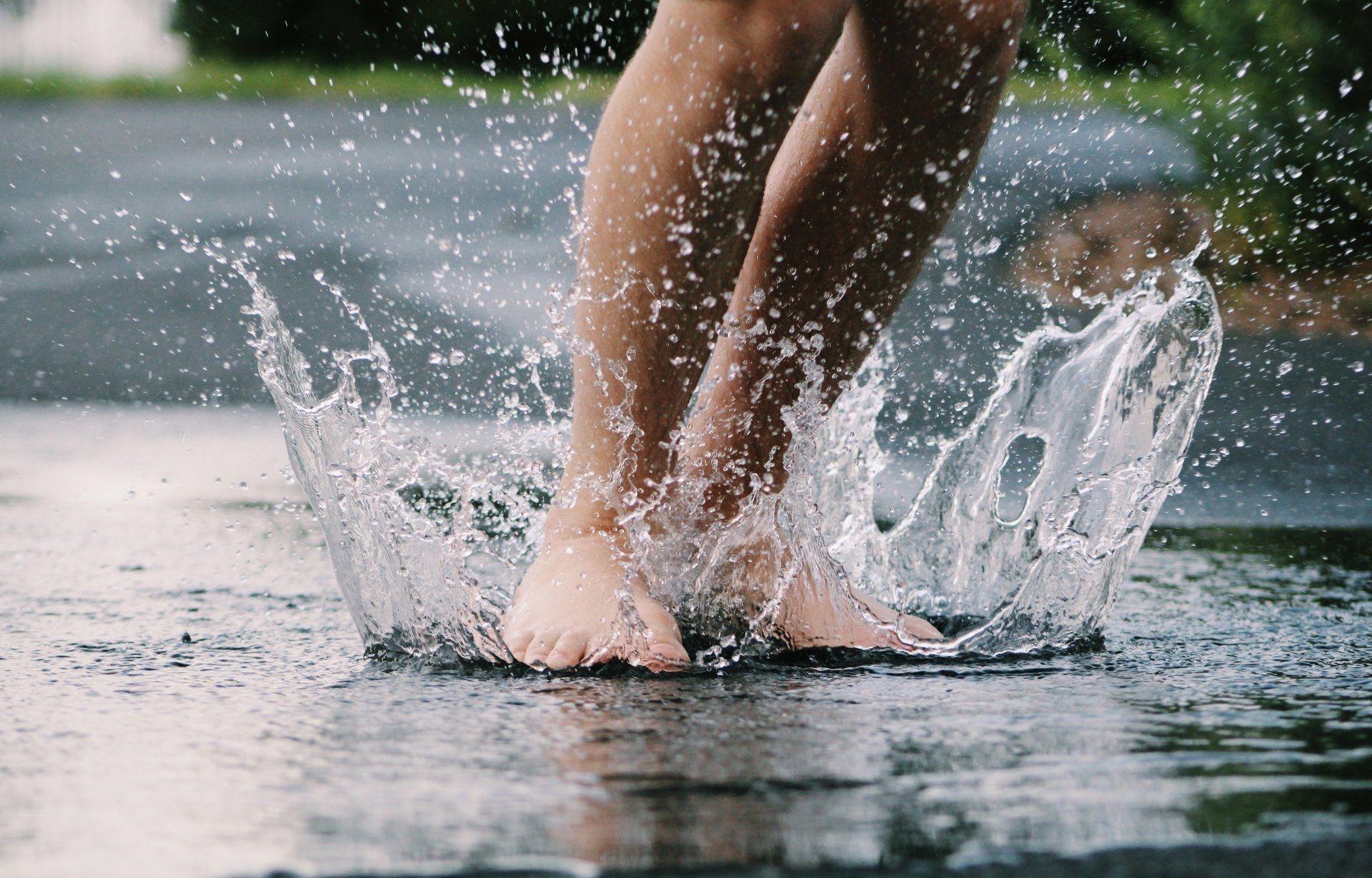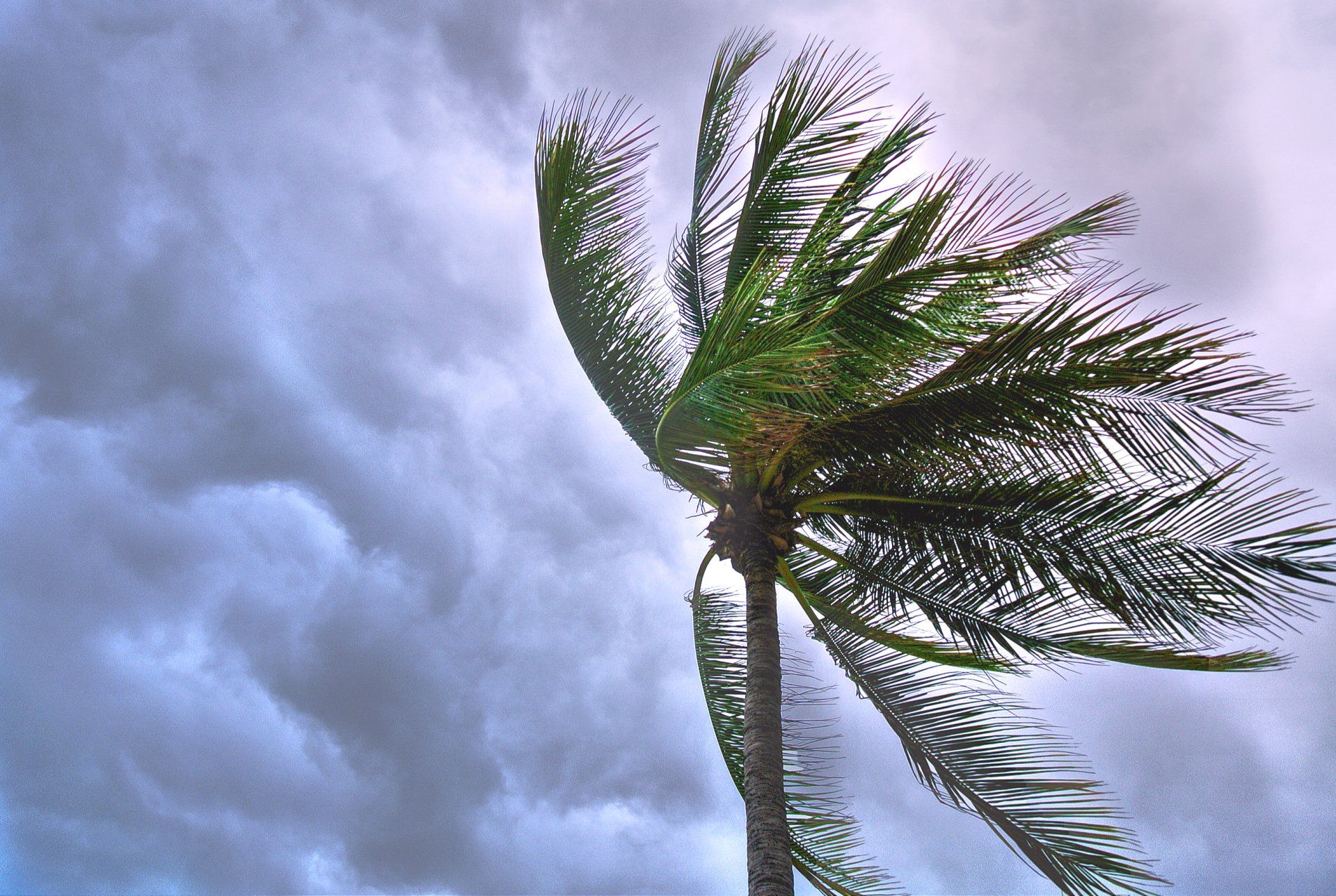When It Rains, It Pours
Tips & Tricks to Keep Your Home Dry

Water damage can result from leaks or condensation and can do more than create unsightly stains in your home. It can cause permanent structural damage and erode its strength. Check out these tips on how to save yourself thousands!
Exterior Maintenance
Don't overlook your roof's maintenance, it's crucial to keep your roof in top condition to prevent water damage caused by leaks. Factors like corrosion, wind or hail damage, and improper installation can all lead to roof leaks.
Regular inspections and maintenance are vital to avoid potential problems. Check your roof for punctures, cracks, or breaks, and promptly address any issues with a compatible patching compound. Also, make sure to clean and inspect rain gutters, downspouts, and extensions annually to detect any leaks or holes.
Remember to regularly inspect the outside walls, doors, and windows during spring and fall for any unusual wear or tear. Water and moisture can seep through these common areas if they are not maintained properly. It's important to repair or replace caulking, weather stripping, glazing, window seals, door seals, or any other exterior areas damaged by use, abuse, or normal weathering. Additionally, examine your exterior siding and replace any missing or damaged fasteners or screws, and repair or replace punctured siding.
Interior Maintenance
Keep excess moisture at bay in your well-built, well-insulated homes. Inadequate ventilation can trap moisture and lead to musty odors, rusty stains, damp floors, mildew, dripping pipes, condensation, and mold growth. Good preventive maintenance can help. Keep the air circulating with vents and fans to avoid condensation. Use exhaust fans in the bathroom and laundry area. Ensure proper ventilation around the base of your home to prevent unwanted moisture from reaching the sub-flooring. Also, make sure your dryer is vented to the outside.
It's important to be aware of potential water damage in your home. Here are some tips to help you identify and address problems before they cause serious damage:
1. Listen for any unusual hissing sounds, as it could indicate a pinhole leak in a water line within the floor or wall.
2. Regularly check the areas around your water heater, under sinks, and behind clothes washers.
3. Don't forget to inspect the ice maker lines and filters for your refrigerator.
4. Look for discolored floor coverings or subfloors, as they are typically a sign of a leak.
5. Water stains and wetness may be caused by loose or damaged plumbing fixtures or fittings.
6. If you notice moisture at the base of a toilet, it may indicate a deteriorated wax ring, which can be easily replaced.
7. If you find any interior water damage, address the problem immediately. If you're unable to make the repair yourself, hire a qualified professional.










